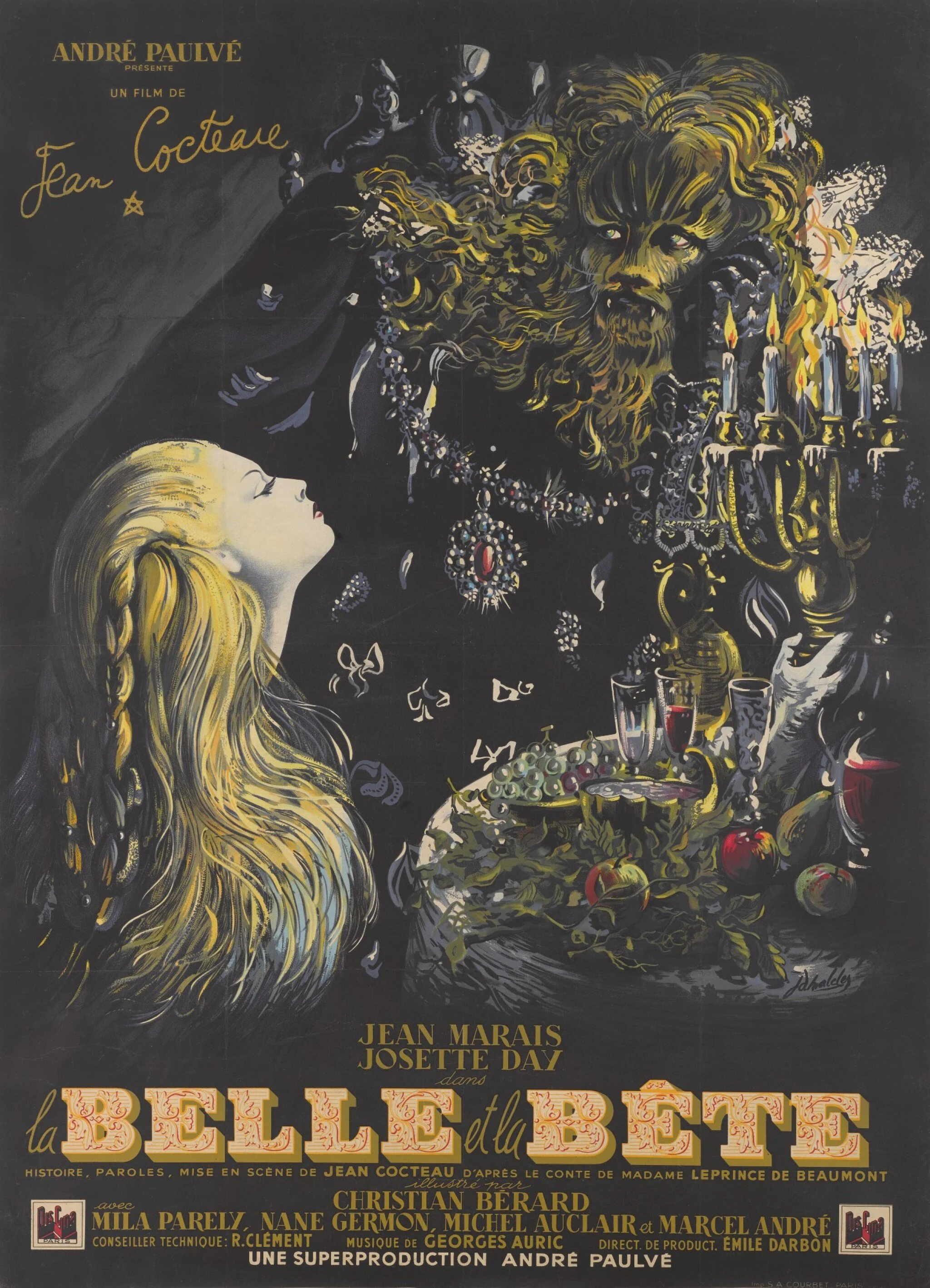One of the fathers of film history, director Jean Renoir once remarked, “The saving grace of the cinema is that with patience and a little love we may arrive at that wonderfully complex creature which is called man.” One of the prime examples of this in his career is his 1932 comedy Boudu Saved from Drowning, where he doesn’t hold judgement on any of his characters, no matter what walk of life or class they come from.
Read MoreAll of this is to paradoxically say, I MISS THESE KINDS OF INTERVIEWS AND FILM WRITING. I miss them because they basically emphasize in their form and content that cinema is exciting, worthwhile, and important. And I feel that even more strongly today than I did as a teenager in the throes of discovering incredible movies.
Read MoreI’m sure there are a lot of people who will look at the title of this documentary and go, “Oh my God I’m so sick of that everlasting song,” and I’ve got to tell you, I don’t blame them, but they will be missing out on the story of an extraordinary life.
Read MoreNico, 1988 takes a different approach to the traditional rock bio. Aside from one brief, non-narrative flashback sequence made up of actual archival footage from the late 1960s, this film only shows the icon well after the peak of her fame. Limited to the last few years of her life, she’s a middle-aged functioning addict touring Eastern Bloc countries with an assembled band of randos.
Read MoreLast week, we finally got to screen Japanese Anime Master Satoshi Kon’s 2004 13 episode television marvel Paranoia Agent. For all its messiness and occasional sense of slapdashness, this 5 1/2 hour meditation on self-delusion in the guise of a kaleidoscopic police procedural mystery is a revelation of what an artist can do when they’re really plugged into the possibilities of their medium. Much in the same way David Lynch’s Twin Peaks had done before, Paranoia Agent really develops its story around a theme that only becomes apparent as the show goes on.
Read MoreThis movie is utterly delightful, not only because it is cute and funny, but because it has a lot of deep things to say about family, and connections, and making friends. It frankly could have been kind of twee, but Marcel can be a little acerbic, and that squeeze of lemon just balances the whole story.
Read MoreAs part of our The Ford Fundamentals: John Ford Director of 2022 series, founder.programmer Craig Hammill is writing an appreciation in 12 chapters, a prologue, and an epilogue across the year.
Important Note: Movies will be talked about in depth so definitely spoilers!
CHAPTER 6: The Fork in the Road
As we come up to the halfway point of our John Ford series, we look at two late period Ford masterpieces, the 1961 summation masterwork The Man Who Shot Liberty Valance and 1958’s the lesser seen but incredibly sensitive and powerful portrait of a politician who realizes his era is doneThe Last Hurrah. We also take a brutal look in the mirror about the first part of the year and the amazing masterpieces that lie ahead in the second half.
As we’ve done all year, we move backwards and forwards across John Ford’s filmography with…
Read MoreThe Black Phone is a tight little thriller directed by Scott Derrickson and based on a short story by Joe Hill. I’m always a fan of movies made from short stories because an entire short story fits beautifully into the length of a movie, as opposed to a book where you have to either cut out half of it, rush through things, or make it a television miniseries. But a short story filmed has room to breathe.
Read MoreFor the final installment in this series highlighting/recommending short films I’ve seen and enjoyed, I’ve selected another relatively widely known short, Andrea Arnold’s Academy Award-winning, Wasp. My original thesis was that short films exist separately from what is generally considered “movies” because they can take a much broader variety of form. The first several selections were examples of this; experiments, monologues, goofs, et al. Black Girl and The Adventure, on the other hand, were complete stories told using typical filmic techniques and constructs. Wasp is an example of a different but still common form for shorts: the character study.
Read MoreMartin Scorsese once stated, “I used to think of Godard and Antonioni as the great modern visual artists of cinema—great colorists who composed frames the way painters composed their canvases.” While that can be true of Godard, many of his films also have a stripped-down feel that is still beautiful. With Antonioni, I find that it applies to him about as much as it does to any filmmaker of the second half of the 20th century.
Read MoreAll around polyglot French poet Jean Cocteau made Beauty and the Beast right at the very end of World War II and the beginning of the peace in pretty meager conditions. The studio itself had spotty electricity and no heating. The actors reportedly huddled together to keep warm. But you’d never know it.
Read MoreThere are many, many versions of Emma: there's Gwyneth's, Kate Beckinsale's, a couple of BBC miniseries, and, of course, Clueless. But the thing about Jane Austen, like Shakespeare, is that there is always room for a new version…
Read More











